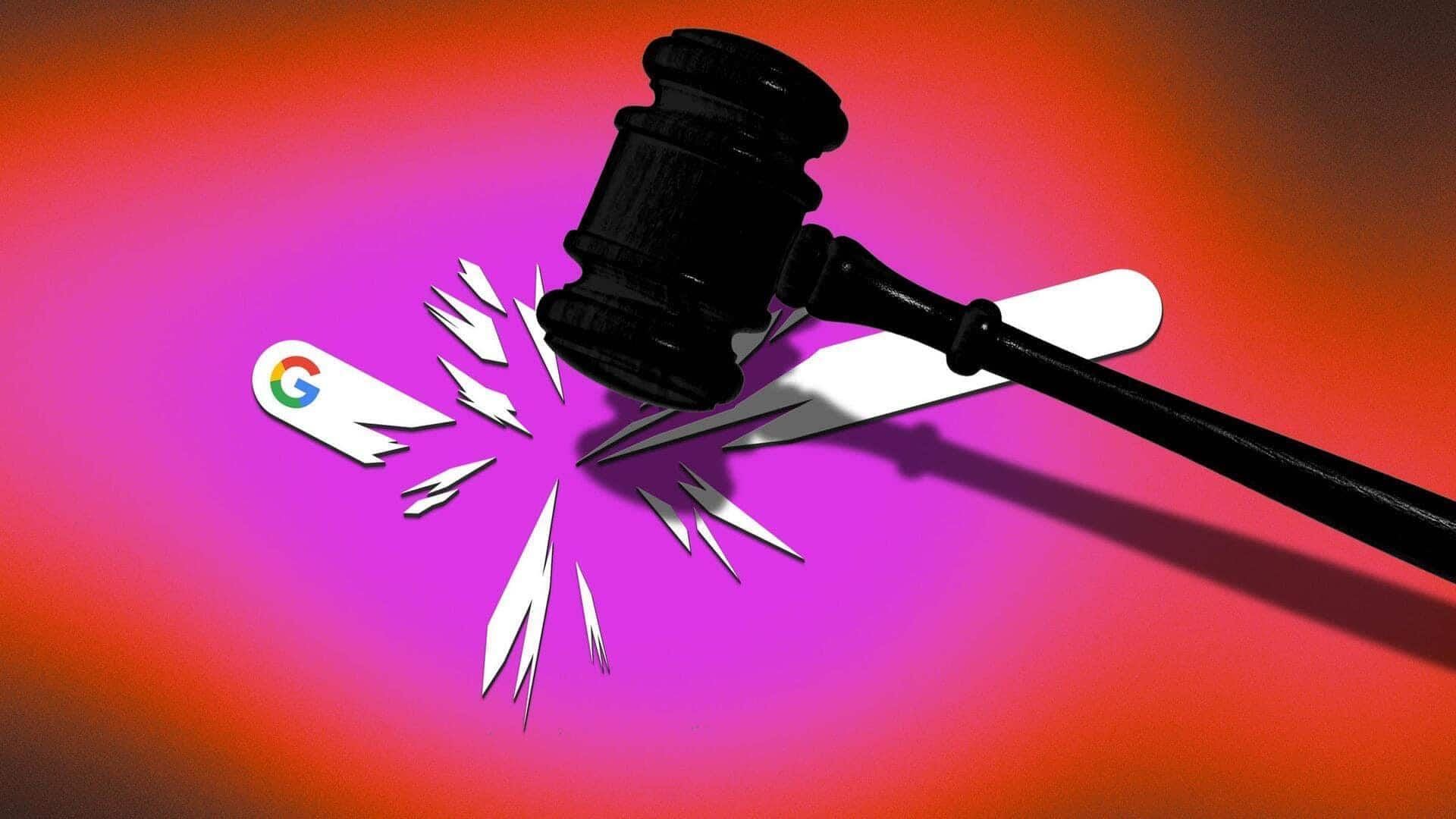
US considers breaking up Google as remedy in antitrust lawsuit
What's the story
The US Department of Justice (DOJ) is exploring the possibility of forcing Google to sell off parts of its business as a potential remedy in the ongoing antitrust lawsuit. This development comes after a judge ruled in August that Google held an illegal monopoly in the online search and search advertising markets. The department has informed a federal judge about the possibility, which could mark a turning point in the history of antitrust enforcement.
Potential solutions
Proposed remedies include product restrictions and data access
The DOJ's proposal, outlined in a recent court filing, suggests that Google might be forced to divest key components like the Chrome web browser and the Android operating system. These products, according to the DOJ, contribute to Google's dominance in online search by giving the company undue control over how users access information. Additionally, the court might require Google to disclose data used in its search algorithms and AI products, potentially leading to more transparency.
Market fairness
Justice Department aims to level playing field for rivals
The Justice Department aims to stop Google from leveraging its products to promote its search engine and associated features over rivals or new players in the market. The goal was detailed in a court filing where the department said it was considering "behavioral and structural remedies." Google has until December 20 to propose its own solutions. The case is being closely watched by the tech industry and could set a precedent for future antitrust actions against large tech companies.
Epic battle
Google ordered to open Play Store to competitors
In another landmark decision with significant implications for the Android app market, a US court has ruled that Google must allow competing app stores on its Play Store platform. This ruling comes after a years-long legal battle between Epic Games, the creators of the popular game Fortnite, and Google. Epic had argued that Google's Play Store practices stifled competition by forcing developers to use Google's payment system and restricting access to other app stores.